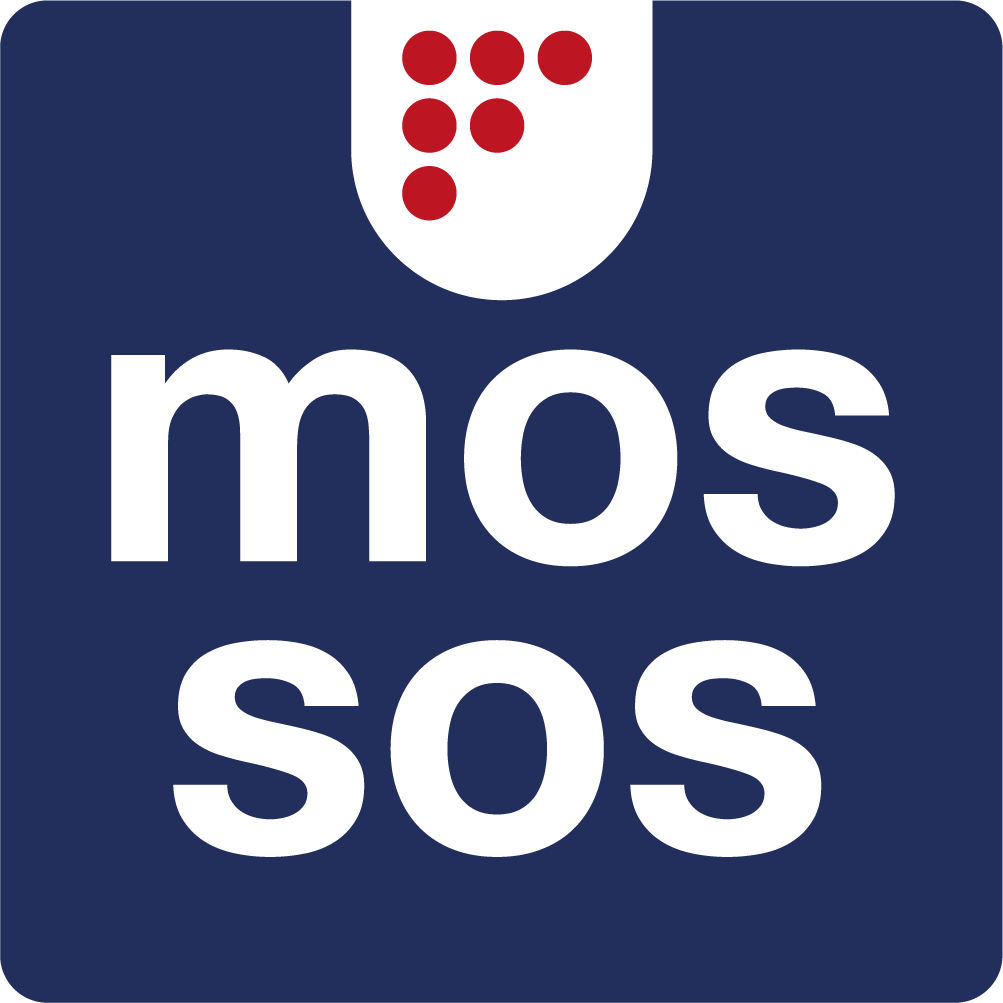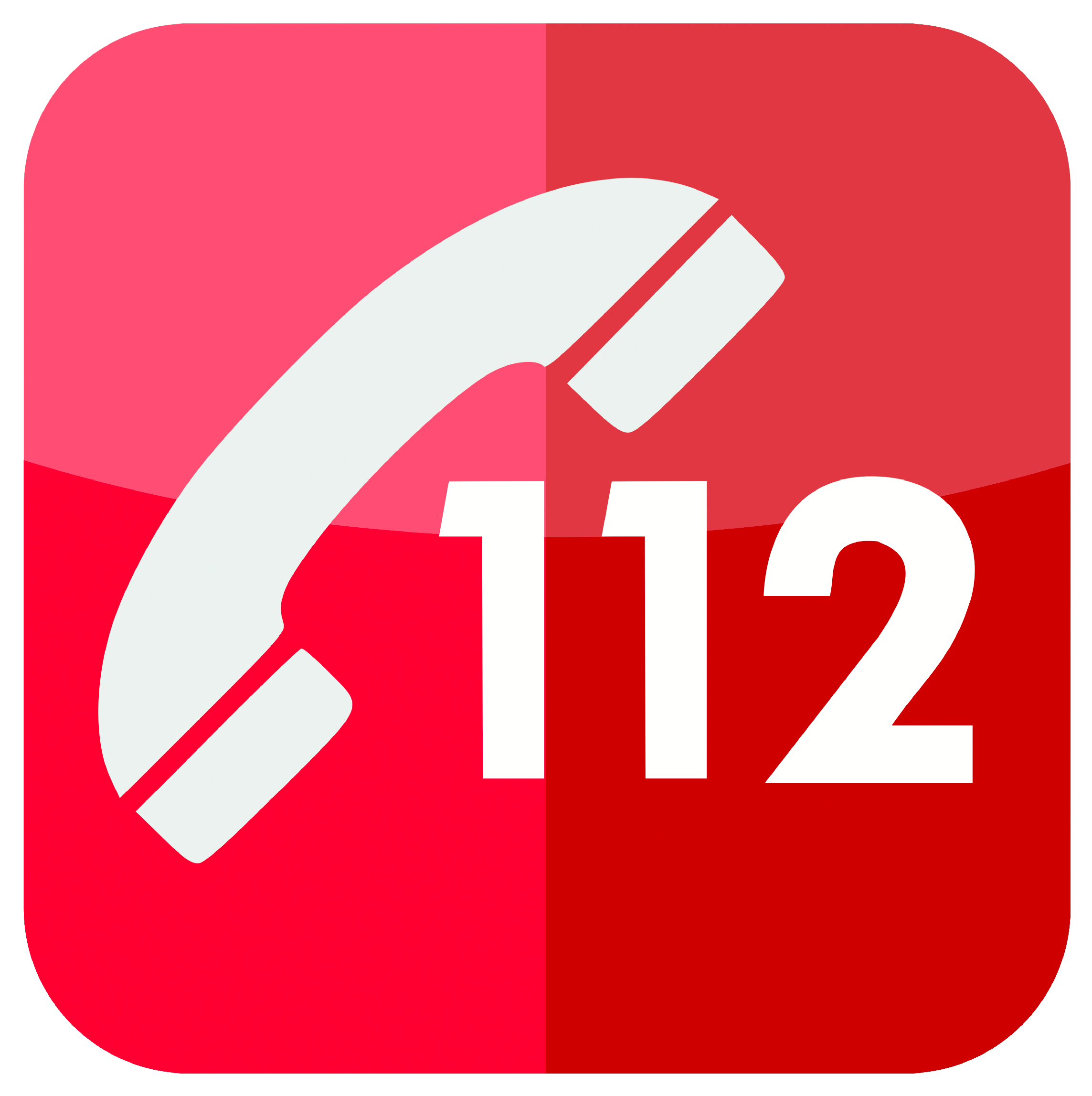LIVING IN BARCELONA
SOUTH GATE OF EUROPE
Barcelona is the administrative and cultural capital of Catalonia. The city’s two thousand year history has left its mark in its architectural, artistic and cultural heritage. Its excellent international communications, its Mediterranean climate and its cosmopolitan atmosphere make it a privileged city indeed.
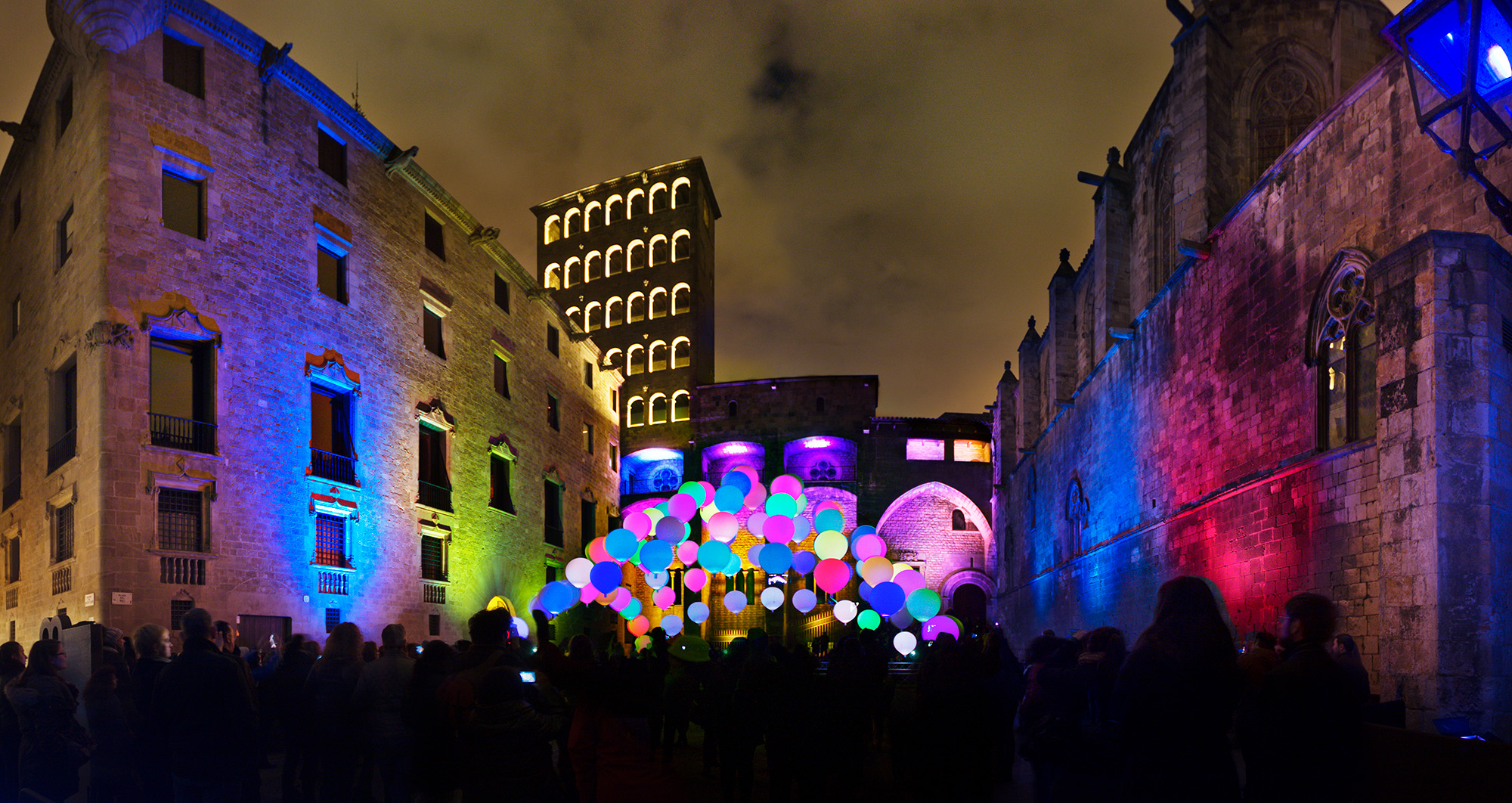
CATALONIA
AN OWN LANGUAGE AND CULTURE
If before your arrival you want to make a first approach to our language we recommend you not to hesitate visiting the following links, as it will help you to choose the option which best suits your needs.
- Consorci per a la Normalització Lingüística: To check the different levels where you can register for following the face, distance learning or online teaching modalities. + info →
- Parla.cat: virtual learning environment with different options: parla.cat →
- Intercat.cat: information about Catalan courses at Catalan universities, official exams, online resources, language exchanges, etc. intercat.cat →
KNOW BARCELONA
Useful tips to prepare everything you need to enjoy your stay
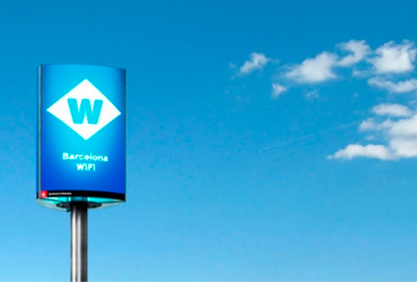
BARCELONA WIFI
Barcelona WiFi is a Barcelona City Council service that enables you to connect to the Internet through WiFi access points, or hotspots, located in various municipal amenities and public access points. You can check the WiFi stations here →
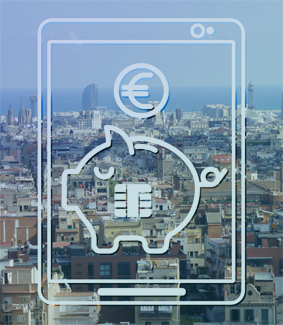
BANKS
Banks open from Monday to Friday, usually from 08.30 a.m. to 2.00 p.m. Some of them also open in the afternoon from Monday to Thursday or only one afternoon a week, except in summer, when they only open in the morning. A number of currency exchange offices can also be found in the city centre and near to some tourist attractions. Foreign students, researchers and lecturers (both those who come from EU Member States and those from outside the EU) can open a non-resident account in the different financial institutions upon provision of a valid passport. Citizens of EU Member States can also open an account as residents. We would recommend that you ask about the conditions offered by the different banks and choose the one that is most appropriate to your needs.
HOW CAN I OPEN A BANK ACCOUNT?
You will need to present your passport, NIE (to obtain it, if you are outside Spain, you must go to the Spanish diplomatic mission or consular office for the area where you live or you can grant power of attorney to someone who is in Spain to represent you; if you are legally in Spain, you must go to the General Directorate of Police scheduling an appointment) or TIE (you must go to the National Police station, by appointment, corresponding to any town in the province where you are registered). Some banks will also ask you for the admission letter by the host university or research centre or some document proving the reason for your stay in Barcelona.
MEALTIMES
In Barcelona, like in the rest of Spain, the custom is to eat late:
Breakfast: between 08.00 and 11.00 a.m.
Appetisers (or vermouth): at weekends it is typical to have a snack between 12.00 noon and 02.00 p.m.
This snack consists of small tapas accompanied by a soft drink or the classic vermouth.
Lunch:between 01.30 and 03.00 p.m.
Afternoon snack: between 05.00 and 06.30 p.m.
Dinner:between 09.00 and 10.30 p.m. In general you should have no real problem finding somewhere to eat at any time of day. Restaurants are open at lunch and dinner times and if you want to eat outside of these times, you can always do so in a bar or cafe, where you can usually order sandwiches or tapas.
BUSINESS OPENING HOURS
From Monday to Saturday, the city’s businesses usually open between 09.00 and 10.00 a.m and close for lunch at 01.30 or 02.00 p.m, reopening for the afternoon between 04.00 and 05.00 p.m. They close for the evening between 08.00 and 09.00 p.m. Large shopping centres and many shops in the city centre are open right through from 10.00 a.m. until 09.00 or 10.00 p.m.
HOW CAN I ACCESS THE PUBLIC HEALTH SYSTEM?
The health card allows you to access the services of the public health system. All people registered, with a residence permit, can get the health card. You should go to the Center for Primary Care (CAP) in the neighborhood. You can also call 902 111 444.
PUBLIC HOSPITALS
Hospital Universitari General de la Vall d’Hebron:
Pg. de la Vall d’Hebron, 119 – Tel. 93 489 30 00 – 08035 Barcelona
vallhebron.com →
Hospital de la Santa Creu i Sant Pau:
C/ Sant Quintí, 89 – Tel. 93 291 90 00 – 08041 Barcelona
santpau.cat →
Hospital Dos de Maig:
C/ Dos de Maig, 301 – Tel. 93 507 27 00 – 08025 Barcelona
csi.cat →
Hospital Sant Joan de Déu:
Passeig Sant Joan de Déu, 2 – Tel. 93 253 21 00 – 08950 Esplugues de Llobregat
sjdhospitalbarcelona.org →
Hospital Clínic de Barcelona:
C/ Villarroel, 170 – Tel. 93 227 54 00 – 08036 Barcelona
clinicbarcelona.org →
Hospital del Mar:
Pg. Marítim, 25-29 – Tel. 93 248 30 00 – 08003 Barcelona
parcdesalutmar.cat →
Hospital de l’Esperança:
C/ Sant Josep de la Muntanya, 12 – Tel. 93 367 41 00 – 08024 Barcelona
parcdesalutmar.cat →
Hospital Universitari de Bellvitge:
C/ Feixa Llarga, s/n – Tel. 93 260 75 00 – 08907 L’Hospitalet de Llobregat
bellvitgehospital.cat →
WHY DO I NEED TO REGISTER AND WHERE DO I HAVE TO GO?
The resident registry procedure certifies the resident status in the city of Barcelona. It is required to access public healthcare services or basic schooling for children, for example, and is a requirement for most procedures related to the Immigration Law. People who come to live in Barcelona from another municipality or abroad must register online, at a Citizen Help and Information Office (OAC) with an appointment or by calling 010 or 931 537 010 (calls from outside the metropolitan area).
CITIZEN HELP AND INFORMATION OFFICES
Oficina d’Atenció Ciutadana de la Plaça Sant Miquel:
– Pl. Sant Miquel, 3 Ciutat Vella
Oficina d’Atenció Ciutadana de Zona Nord:
– Av. Escolapi Càncer, 5-7 Nou Barris
Oficina d’Atenció Ciutadana del Districte de Ciutat Vella:
– C/ Ramelleres, 17 Ciutat Vella
Oficina d’Atenció Ciutadana del Districte de Gràcia:
– Pl. Vila de Gràcia, 2 Gràcia
Oficina d’Atenció Ciutadana del Districte de l’Eixample:
– C/ Aragó, 328 Eixample
Oficina d’Atenció Ciutadana del Districte de les Corts:
– Pl. Comas, 18 Les Corts
Oficina d’Atenció Ciutadana del Districte de Nou Barris:
– Pl. Major de Nou Barris, 1 Nou Barris
Oficina d’Atenció Ciutadana del Districte de Sant Andreu:
– C/ Segre, 24-32 Sant Andreu
Oficina d’Atenció Ciutadana del Districte de Sant Martí:
– Pl. Valentí Almirall, 1 Sant Martí
Oficina d’Atenció Ciutadana del Districte de Sants-Montjuïc:
– C/ Creu Coberta, 104 Sants-Montjuïc
Oficina d’Atenció Ciutadana del Districte de Sarrià-Sant Gervasi:
– C/ Anglí, 31 Sarrià-Sant Gervasi
Oficina d’Atenció Ciutadana del Districte d’Horta-Guinardó:
– C/ Lepant, 387 Horta-Guinardó
Oficina d’Atenció Ciutadana Monumental
– C/ Sicília, 216-218 Eixample
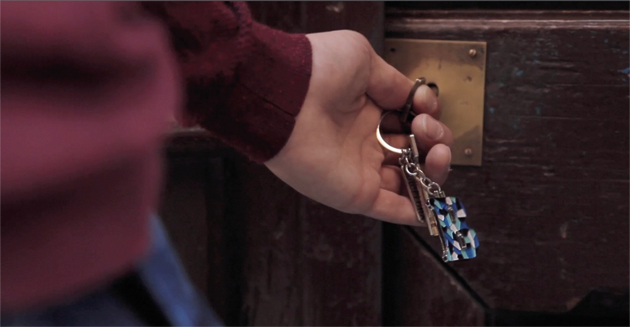
MOBILITY
There are different forms of transport for getting around Barcelona city centre and the outskirts: metro, bus, train (Rodalies de Catalunya and Ferrocarrils de la Generalitat de Catalunya) and tram, as well as taxi. We recommend you have a look at the website of the Àrea Metropolitana de Barcelona (AMB).
You can also get around Barcelona by bike on the extensive network of bike lanes. If you don’t have your own bike, you can sign up for the Bicing service.
WHICH CARD CAN YOU RECOMMEND ME TO TRAVEL BY PUBLIC TRANSPORT?
Here you can check the integrated travel cards (for travelling by metro, bus, FGC, Tram and Rodalies de Catalunya): tmb >
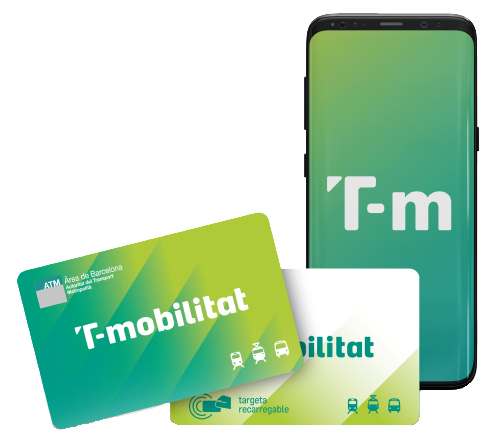
T-Mobilitat
Digital ticketing system with contactless technology that allows you to access any means of collective public transport of the 6 crowns of the Integrated Fare System. Cards are rechargeable and reusable, self-management is digital and online, and it offers enhancements in transport network information. You can charge the following travel passes: T-casual, T-usual, T-jove, T-usual FM/FN, T-jove FM/FN, T-70/90 FM/FN, T-familiar, T-16 and T-grup. T-mobilitat supports are: personalised rechargeable card, mobile (T-mobilitat app) and cardboard card.
t-mobilitat.atm.cat→
LINKS OF INTEREST
SECURITY
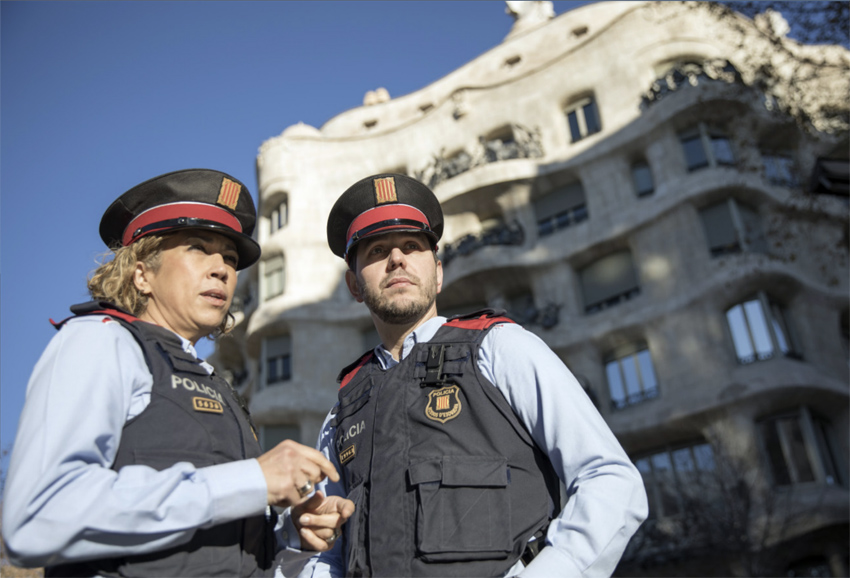
Catalonia is a European country that has achieved high levels of peaceful coexistence, constituting itself as a safe society where all citizens can fully enjoy the free exercise of their rights.
Ensuring a welcoming and peaceful society is a shared responsibility between institutions and citizens, that in a cooperative way, favors the configuration of a free and comfortable society for everyone.
Given that individual participation in the management of safety, we recommend that you follow the basic tips that are exposed here and which will provide the appropriate means and resources to give you solutions to problems that may arise over your visit to our country.
Moreover, before starting a journey, it is advisable to collect the information that may become relevant. So, it is desirable that you record addresses, phone numbers of institutions and services that in certain situations can be very helpful
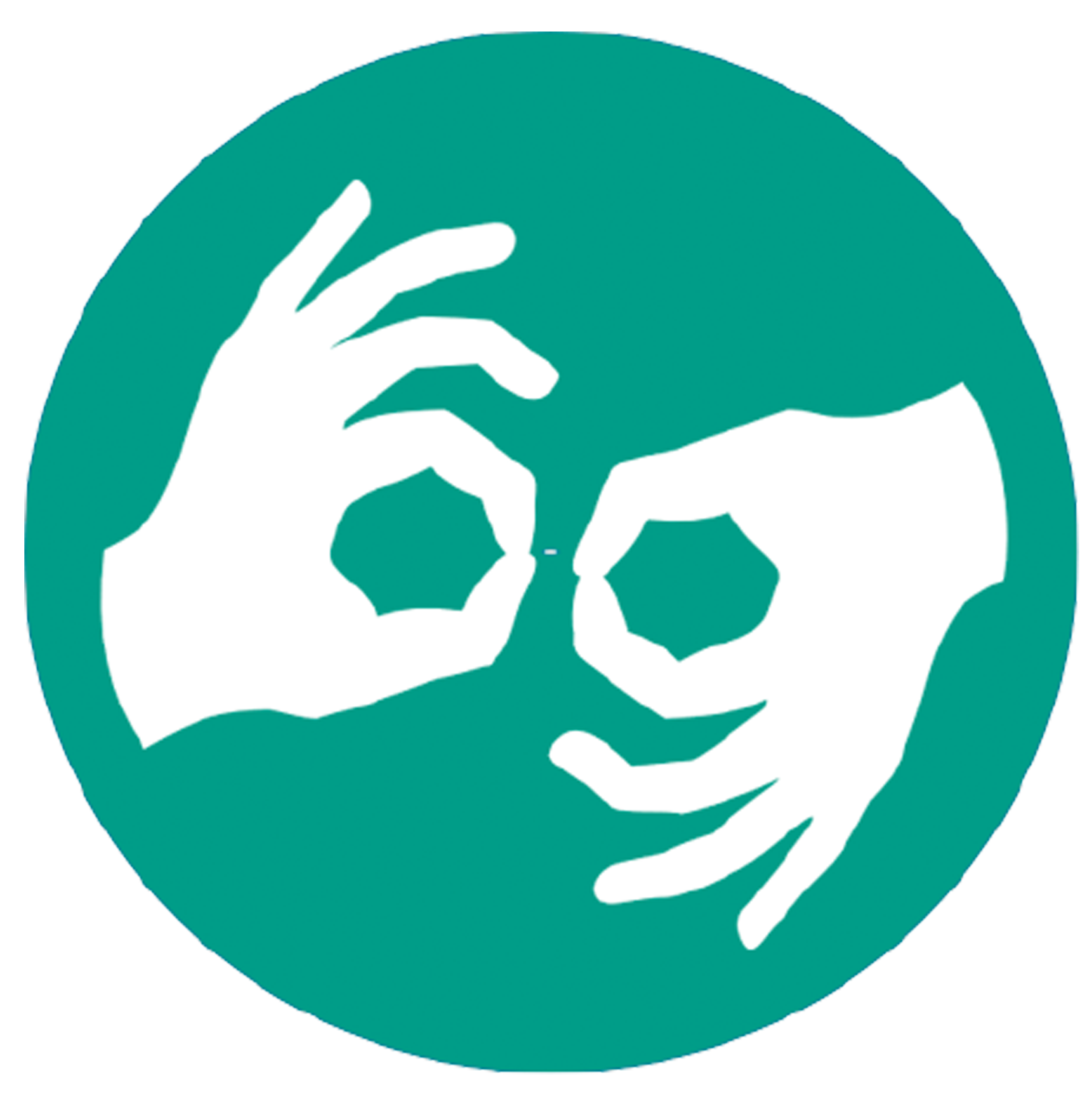
112 Accesible
Free emergency application 112 Accessible. It allows communication with the 112 emergency telephone number through pictograms, videos in sign language in Catalan and Spanish, and a geolocation service. You can request this service at Federació de Persones Sordes de Catalunya (FESOCA) → or Associació Provincial de Laringectomitzats de Lleida →
LEARN SPANISH
UAB Idiomas Barcelona:
uab.cat →
UAB Idiomas Campus:
uab-i-campus →
UPC: :
upc.edu →
URL:
url.edu→
UOC:
UOC→
UVic-UCC:
UVic-UCC.edu→
UIC:
UIC.edu→
CEU UAO:
uaoceu.es/lenguas→
Instituto Cervantes:
cervantes→
LEARN CATALAN
UAB Idiomas Barcelona:
uab.cat→
UAB Idiomas Campus:
UAB Idiomas Campus→
UPC:
UPC→
Idiomes UPF:
IDIOMES UPF→
URL:
URL→
UOC:
UOC→
UVic-UCC:
UVic-languages→
UIC:
UIC-institute-multilingualism→
CEU UAO:
uaoceu-Lenguas→
Consorci per a la Normalització Lingüística:
Cursos-de-catala→
Parla.cat:
parla.cat→
Intercat.cat:
intercat.cat→
Institut Ramon Llull:
llull→
CONTACTS OF INTEREST
Emergencies: 112
Salut respon: 061
Municipal information: 010
Courts on duty: 935 548 650
ADMINISTRATIVE PROCEDURES
Catalan Goverment →
Barcelona City Council →
Consulates in Barcelona →
Research staff or students →
PRACTICE SPORTS
Esports UB:
ub.edu →
SAF UAB:
uab.cat →
UPCesports:
upc.edu →
E! Esports UPF:
upf.edu →
Esports URL:
url.edu →
Servei d’Esports UVic-UCC:
uvic.es →
Servei d’Esports UIC:
uic.es →
Servei d’Esports UAO CEU:
uaoceu.es →
Centros deportivos municipales de Barcelona:
guia.bcn.cat →
MOBILE TELEPHONE AND INTERNET
Movistar: movistar.es →
Vodafone: vodafone.es →
Orange: orange.es →
Yoigo: yoigo.com →
Simyo: simyo.es →
Jazztel: jazztel.com →
Parlem: parlem.com →
HOMOLOGATION AND EQUIVALENCE OF FOREIGN HIGHER EDUCATION DEGREES
Applications must be submitted online through the electronic headquarters of the Ministry of Science, Innovation and Universities.
Homologation
(it gives access to a regulated profession)
Equivalence
(it recognises the degree at the academic level of official university Degree or Master’s degree)

